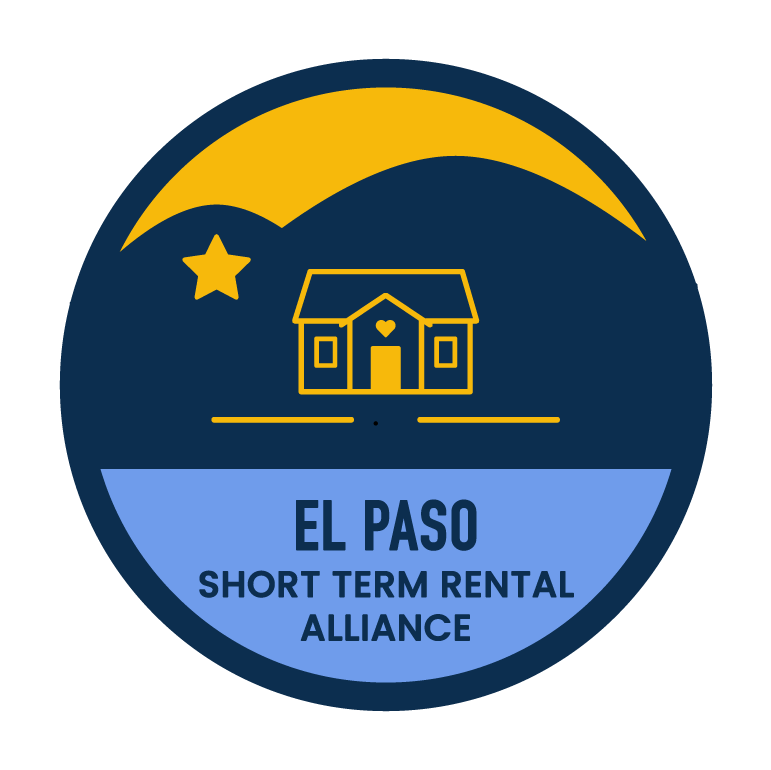May 2, 2024 – A new unbiased study by RRC Associates, commissioned by the Western Mountain Resort Alliance with funding from the National Association of REALTORS®, sheds light on the misunderstood economic and social impacts of short-term rentals (STRs) in three popular mountain resort destinations: Summit County, Colorado; Pitkin County, Colorado; and Teton County, Wyoming.
The study shows that STRs have become a vital component of these communities’ economies, generating significant revenue, and supporting local jobs.
STRs: A Cornerstone of Local Economies
The study shows that STRs play a significant role in the economic well-being of these resort communities. Here’s a breakdown of the key findings:
- Summit County: Vacation rentals generate a substantial $1.7 billion in economic impact, accounting for a staggering 85% of lodging revenue and supporting 28% of all jobs in the county.
- Pitkin County: Similarly, short-term rentals contribute $553 million to the local economy, representing half of all lodging revenue and supporting 12% of county jobs.
- Teton County: STRs generate $547 million in economic impact, accounting for 32% of lodging revenue and supporting 8% of jobs within the county.
Affordable Housing Solutions Lie Beyond STR Regulation
The study proves the narrative that banning STRs is the answer to the affordable housing shortage is false. Here’s why:
- Limited Availability for Workforce Housing: The vast majority of STRs are luxury properties exceeding $700,000 in value, making them unsuitable for workforce housing.
- Owner Preferences: Many owners prioritize personal use and enjoyment of their properties over converting them to long-term rentals.
- Focus on New Development: A more sustainable solution involves developing new housing units specifically designed and built for the needs of local residents. Additionally, revenue generated by STR taxes and fees can be strategically channeled towards affordable housing initiatives.
STRs and Housing Prices: A Weak Correlation
The study debunks the myth that STRs directly inflate housing prices. Here’s the evidence:
- Stable Proportion of Vacation Homes: The percentage of vacation homes (including STRs) compared to total housing units in each county has remained consistent over the past three decades (1990-2020).
- Housing Prices Rise Across the Board: During this same period, housing prices in all three counties saw a significant increase, regardless of the STR market presence.
“This study provides valuable data for REALTOR® associations across the country grappling with the role of short-term rentals in their communities,” said Scott Blackwood, President of the Western Mountain Resort Alliance. “The findings demonstrate the economic contributions of STRs while highlighting the need for innovative solutions to address workforce housing challenges.”
The Road Forward
This study underscores the need for a nuanced approach to the STR debate. By fostering collaboration between local stakeholders, including REALTORS®, policymakers, and community members, a path can be forged that promotes economic vitality while ensuring long-term housing solutions for residents.
The full study by RRC Associates is available at https://wmra.online/news/.
About the Western Mountain Resort Alliance
The Western Mountain Resort Alliance is a collective of REALTOR® Associations in mountain resort communities across the western US. The mission of WMRA is to improve the quality of professionalism and performance of association members through collaboration, progression, education, and advocacy. WMRA promotes real property ownership and works to improve the quality of life within its unique communities.

